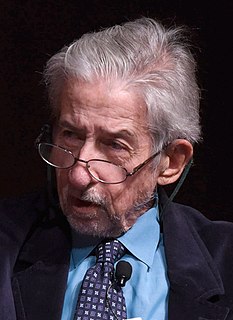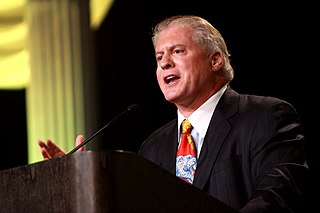A Quote by Tom Hayden
The issue of civil rights was too much for the establishment to handle. One of the chapters of history thats least studied by historians is the 300 to 500 riots in the U.S. between 1965 and 1970.
Related Quotes
The Democrats co-opted the credit for the Civil Rights Act of 1964. But if you go back and look at the history, a larger percentage of Republicans voted for that than did Democrats. But a Democrat president signed it, so they co-opted credit for having passed the Civil Rights Act of 1964 and the Voting Rights Act of 1965.
Abortion is a states' rights issue. Education is a states' right issue. Medicinal marijuana is a states' rights issue. Gay marraige is a states' rights issue. Assisted suicide- like Terri Schiavo- is a states' rights issue. Come to think of it, almost every issue is a states' rights issue. Let's get the federal government out of our lives.
My friends, to those who say that we are rushing this issue of civil rights, I say to them we are 172 years late. To those who say that this civil-rights program is an infringement on states’ rights, I say this: The time has arrived in America for the Democratic Party to get out of the shadow of states' rights and to walk forthrightly into the bright sunshine of human rights.
While we have come a long way since the Stonewall riots in 1969, we still have a lot of work to do. Too often, the issue of LGBT rights is exploited by those seeking to divide us. But at its core, this issue is about who we are as Americans. It's about whether this nation is going to live up to its founding promise of equality by treating all its citizens with dignity and respect.
It's not often that you get to read something that just feels very original for a star but also something that feels like it's more than just a movie or entertainment. Even though the riots were one of the most pivotal riots in civil rights history, especially for the LGBT community, I knew surprisingly very little about them. You don't learn about Stonewall in schools. It's a bit gross really! So it certainly felt like something that was quite important.

































